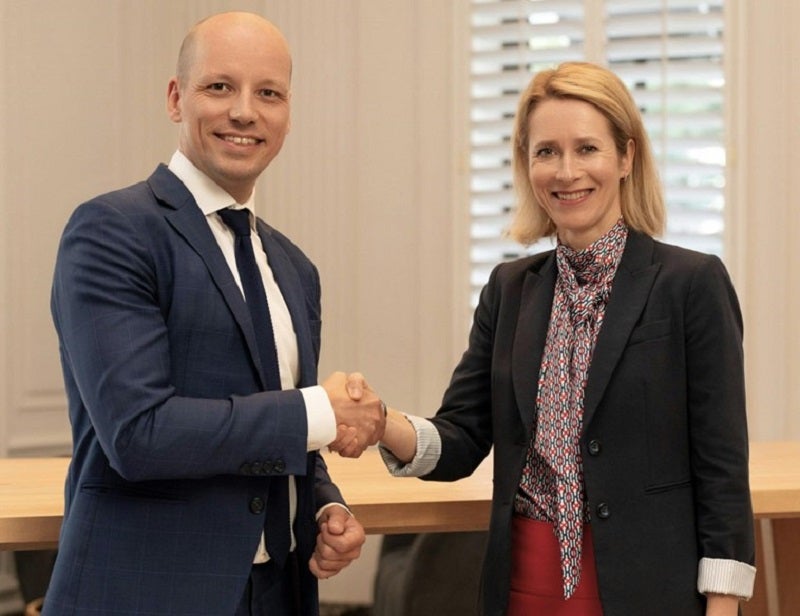
After talks on the fringes of the Nato summit in Washington, the German defence and artificial intelligence (AI) company Helsing approached Estonia’s Prime Minister Kaja Kallas to discuss its strategic expansion to Nato’s eastern flank on 11 July 2024.
As well as the establishment of Helsing Estonia OÜ, and its plans to equip Estonian Defence with necessary AI capabilities, the company extended its commitment with a pledge to invest €70m ($76.2m) in the Baltic defence industry over the next three years.
Kallas had previously announced the development of a national defence industrial park, efforts to amend legislation for the production of arms, and the creation of a new defence industry fund with an initial size of €50m on 24 May in the lead-up to the latest strategic move.
“The changed security situation in Europe has clearly shown the need for greater defence investments and has also highlighted the current bottlenecks in the defence sector,” she stated in her May speech at Stenbok House in Tallinn. “For defence companies to be able to create new solutions, they need the money and the infrastructure to do so.”

Notably, on the same day that Helsing Estonia was announced, the German company revealed it had raised €450m in a Series C financing round. The funds will be used for product development and research and development with a particular focus on capabilities to secure European sovereignty including protecting Nato’s eastern flank.
“This new funding round allows us to further up the tempo and invest in large-scale [research and development] and capabilities across all domains,” affirmed Helsing co-CEO Dr. Gundbert Scherf.
Europe’s collective defence
Particularly, Helsing Estonia will offer the wider Baltic region locally produced AI capabilities drawing on lessons from the conflict in Ukraine.
“We are seeing how readily available technologies can prove fatal for military equipment costing millions,” she added. “Cheap drones carrying warheads can deplete the reserves of even more sophisticated defence systems.”
Autonomy is needed to operate the cheaper uncrewed aerial systems carrying warheads whirring across the south and east of the wartorn nation posing a considerable, asymmetric threat to expensive platforms such as main battle tanks and infantry fighting vehicles.
In early June, Helsing entered a framework agreement with Airbus to explore AI technologies that will be used on the European Future Combat Air System ‘Wingman’, a “fighter-type drone concept” that operates alongside a centralised crewed fighter jet.
“Europe must allocate billions of euros to strengthen its defences,” she stressed. “We continue to call on all European partners and the European Commission to find more robust and direct ways to finance defence investments.”
Kallas’ statement indicates her priorities for expanding Europe’s collective defence form the top down. At the end of June, the Estonian leader was nominated to succeed as the European Union’s (EU) High Representative for Foreign Affairs and Security Policy in the coming months.
A leading voice for defence expansion and championing Western support for Ukraine in the war against Russia, Kallas’ stance on the security climate is clear.
The High Representative is a diplomatic appointment established by the Treaty of Amsterdam in 1999. It encompasses a range of roles as the title suggests; it includes heading up the European Defence Agency and maintaining European interests on an uncertain and fragile world stage.
These objectives will be implemented more systematically following the inauguration of the Union’s European Defence Industry Programme.
Established in March, the organisation will mobilise $1.63bn of the EU budget throughout 2025-27 to enhance their defence market competitiveness. The idea is to end their short-term measures since the start of the war in Ukraine for a more structural, longer-term approach to strengthening Europe’s defence industrial and technology base with new objectives.



